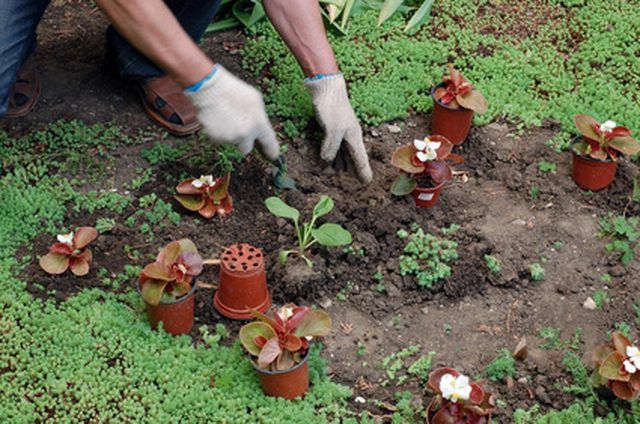Bulbs
Flower Basics
Flower Beds & Specialty Gardens
Flower Garden
Garden Furniture
Garden Gnomes
Garden Seeds
Garden Sheds
Garden Statues
Garden Tools & Supplies
Gardening Basics
Green & Organic
Groundcovers & Vines
Growing Annuals
Growing Basil
Growing Beans
Growing Berries
Growing Blueberries
Growing Cactus
Growing Corn
Growing Cotton
Growing Edibles
Growing Flowers
Growing Garlic
Growing Grapes
Growing Grass
Growing Herbs
Growing Jasmine
Growing Mint
Growing Mushrooms
Orchids
Growing Peanuts
Growing Perennials
Growing Plants
Growing Rosemary
Growing Roses
Growing Strawberries
Growing Sunflowers
Growing Thyme
Growing Tomatoes
Growing Tulips
Growing Vegetables
Herb Basics
Herb Garden
Indoor Growing
Landscaping Basics
Landscaping Patios
Landscaping Plants
Landscaping Shrubs
Landscaping Trees
Landscaping Walks & Pathways
Lawn Basics
Lawn Maintenance
Lawn Mowers
Lawn Ornaments
Lawn Planting
Lawn Tools
Outdoor Growing
Overall Landscape Planning
Pests, Weeds & Problems
Plant Basics
Rock Garden
Rose Garden
Shrubs
Soil
Specialty Gardens
Trees
Vegetable Garden
Yard Maintenance
The Best Time of Day to Plant Seeds
The Best Time of Day to Plant Seeds. "In the morning sow thy seed," according to Ecclesiastes, and it is not bad advice for gardeners. Morning planting offers a seed more of what it needs to germinate and fewer dangers.

"In the morning sow thy seed," according to Ecclesiastes, and it is not bad advice for gardeners. Morning planting offers a seed more of what it needs to germinate and fewer dangers.
Considerations
Seeds need warmth to germinate--temperatures between 65 and 75 degrees--and sunlight works best. Seeds thrive on about 12 to 16 hours of sun each day. Only morning planting will allow seeds immediate substantial sunlight exposure.
Benefits
If you plant seeds in the morning, you can give them moisture throughout their first 12 hours in the garden bed. A constant level of humidity is important to seeds; they are very sensitive to lack of water. Morning planting also will delay exposure to rodents.
Fun Fact
Seeds and plants grow in spurts at night, not during the day. Charles Darwin was the first to report this finding, over a century ago. Plants use their daylight hours to focus on other matters, such as the photosynthesis that produces its energy.